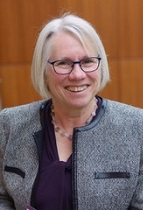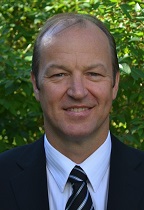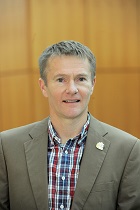Ports Modernization: Balancing Economic Prosperity and Environmental Sustainability
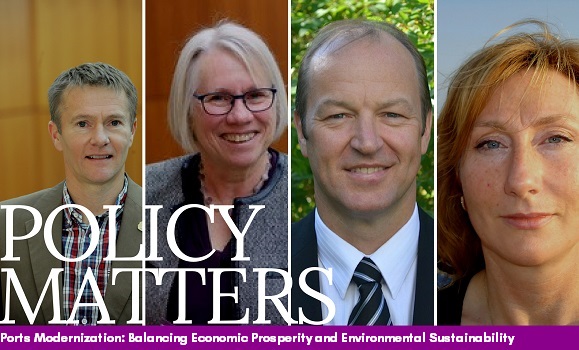
Tuesday, October 30, 2018
12:00 pm to 1:30 pm
Room 1011, Kenneth C. Rowe Management Building
ª∆…´÷±≤•, 6100 University Avenue, Halifax, NS
Ã˝¥•
As the Canadian Government¬Ýembarks on¬Ýa¬Ý‚ÄúPorts¬ÝModernization Review‚Äù with the aim of better positioning¬ÝCanadian Port Authorities to optimize the role of ports as innovative assets that support inclusive growth and trade,¬Ýsome¬Ýkeyelements¬Ýhave been left out of the conversation. This panel will discuss the requirements for necessary change within port operations,¬Ýgovernance and¬Ýenvironmental¬Ýperformance if Canadian ports are to be globally competitive in an increasinglyprivatized, carbon-constrained industry that plays both a positive and negative role in Canada‚Äôs drive for a more ‚Äúsustainable future‚Äù.
Hosted in partnership with .
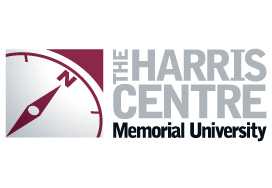
ª∆…´÷±≤• the speakers
ª∆…´÷±≤• the series
Policy Matters¬Ýis a weekly panel discussion on major policy issues presented by the MacEachen Institute for Public Policy and Governance. Each discussion features thought leaders from civil society and focuses on one of the Institute's four research themes ‚Äì Civic Engagement, Atlantic Canada and the World, Health Systems and Governance and Smart Infrastructure. Held each Tuesday from September 11 to November 6, the discussions take place in room 1011 of the Kenneth C. Rowe Management Building at ª∆…´÷±≤•, from 12:00 pm ‚Äì 1:30 pm. The events are designed to encourage public engagement with local, national and international policy issues and are open to the public.
Join the discussion on Twitter
#PolicyMatters2018


